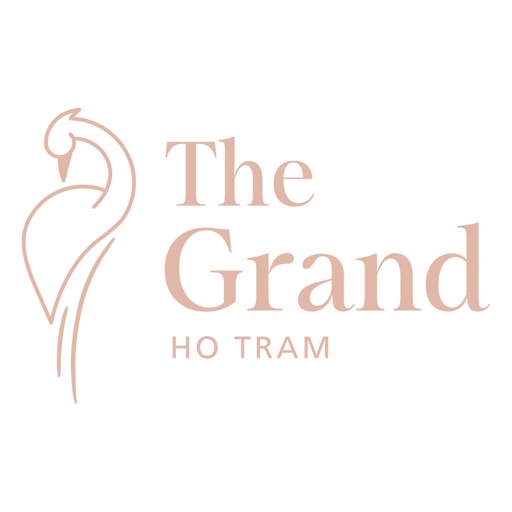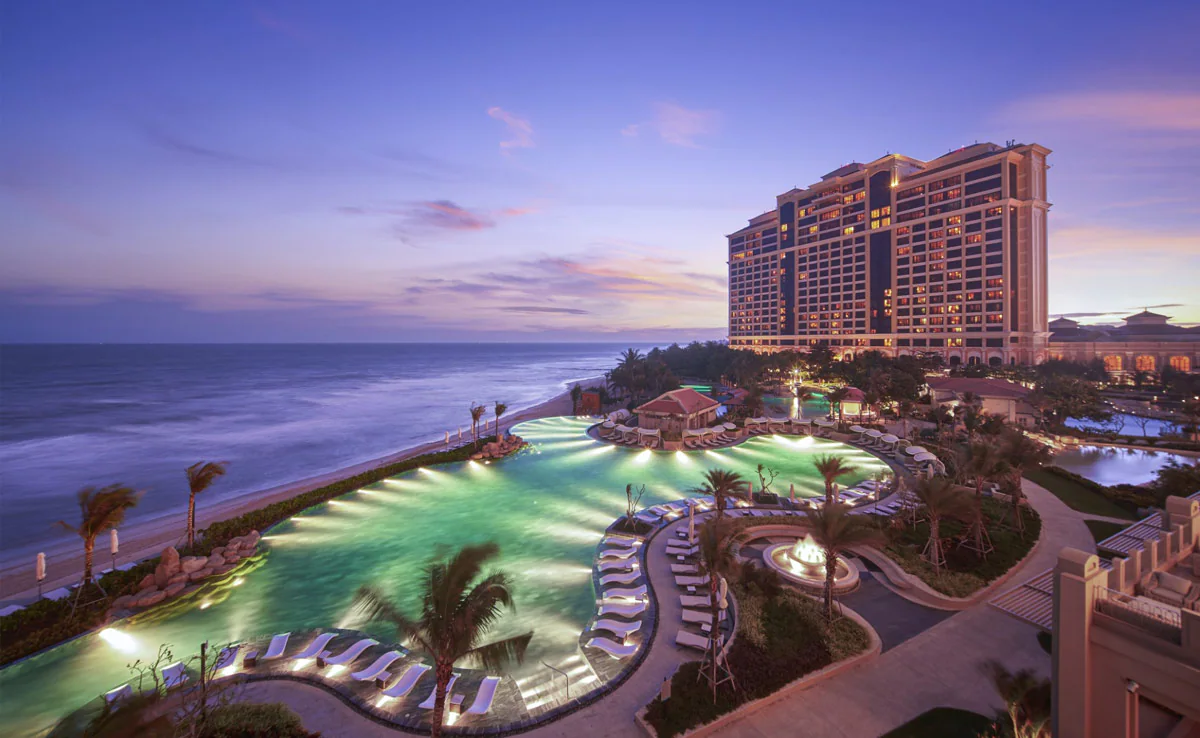
Vietnam is set to broaden its experiment with local casino gaming, granting The Grand Ho Tram integrated resort permission to admit Vietnamese citizens under an extended five-year pilot scheme. Previously, only Phu Quoc’s Corona Resort & Casino was authorized to welcome locals, but with its trial ending in 2024, the government’s Ministry of Finance is pushing for Ho Tram to become the next test site.
Unlike Van Don—whose integrated resort remains years away from opening—The Grand Ho Tram has been operating since 2013 and is well positioned to host this next stage. Pending approvals from the Ministry of Justice and the Prime Minister, it will become only the second property nationwide to open its gaming floors to domestic visitors.
Vietnam’s first pilot at Corona Resort had mixed results. Launched in 2019, it was hampered by COVID-19 disruptions and the limited draw of Phu Quoc as a locals’ market. By contrast, Ho Tram benefits from proximity to Ho Chi Minh City, making it more accessible to Vietnam’s wealthiest urban players. Analysts suggest this could provide a more realistic picture of local appetite for regulated casino gaming.
Significant policy changes are also under consideration. Reports indicate authorities may drop the strict proof-of-income requirement, instead imposing an entry fee of VND2.5 million (US$100) per day or VND50 million (US$2,000) per month. This aligns with models used in Singapore, where locals must pay a daily or annual levy to enter casinos, balancing consumer freedom with safeguards against problem gambling.
The move reflects Vietnam’s cautious but deliberate steps toward liberalizing its gaming market, with Ho Tram acting as a key litmus test. Success here could pave the way for broader reforms, potentially transforming Vietnam into a regional gaming hub alongside Macau, Singapore, and the Philippines. For now, all eyes are on Ho Tram to see how locals respond when the doors officially open.





 Content Writer: Janice Chew • Tuesday, 25/09/2025 - 22:29:03 - PM
Content Writer: Janice Chew • Tuesday, 25/09/2025 - 22:29:03 - PM